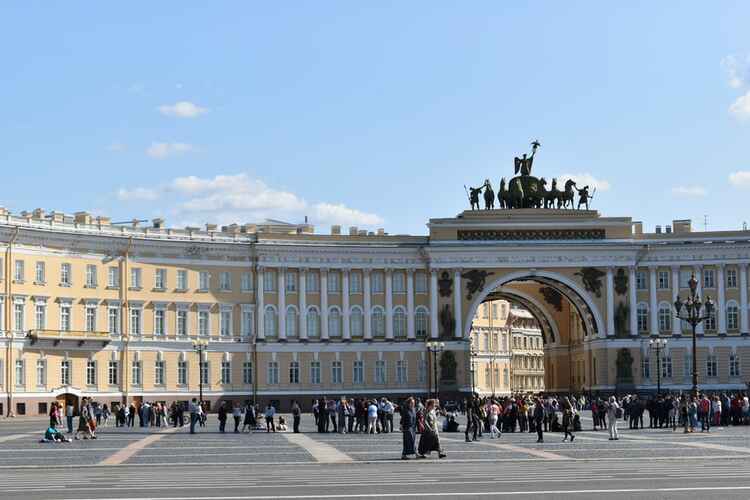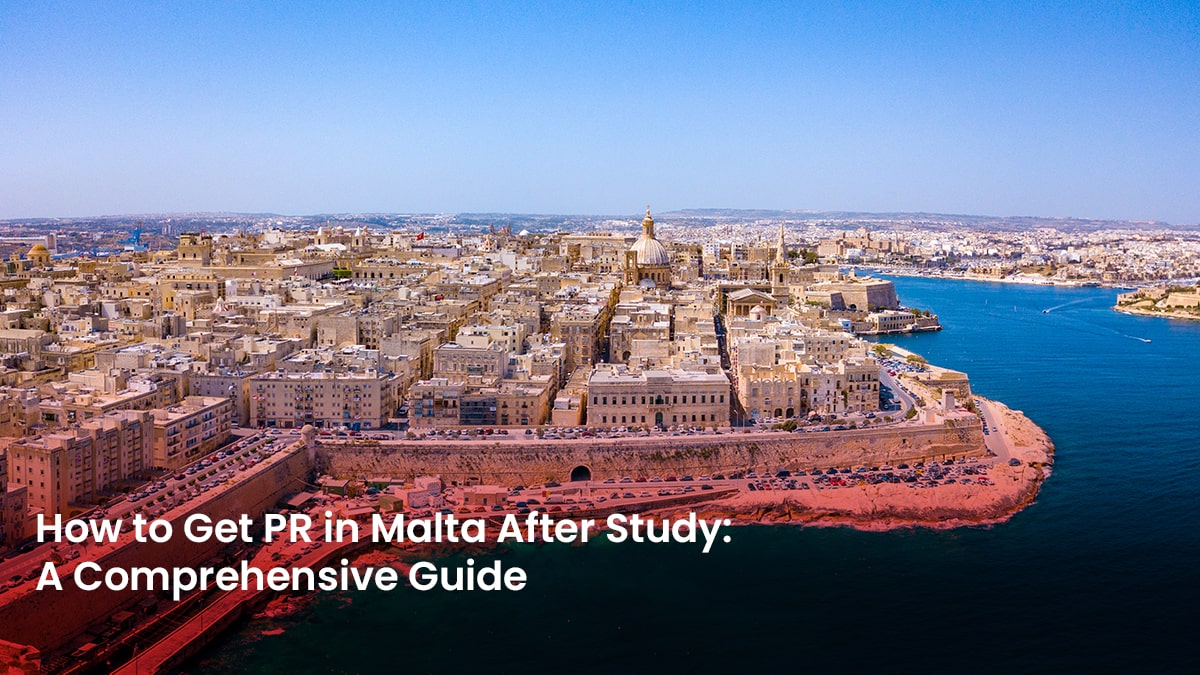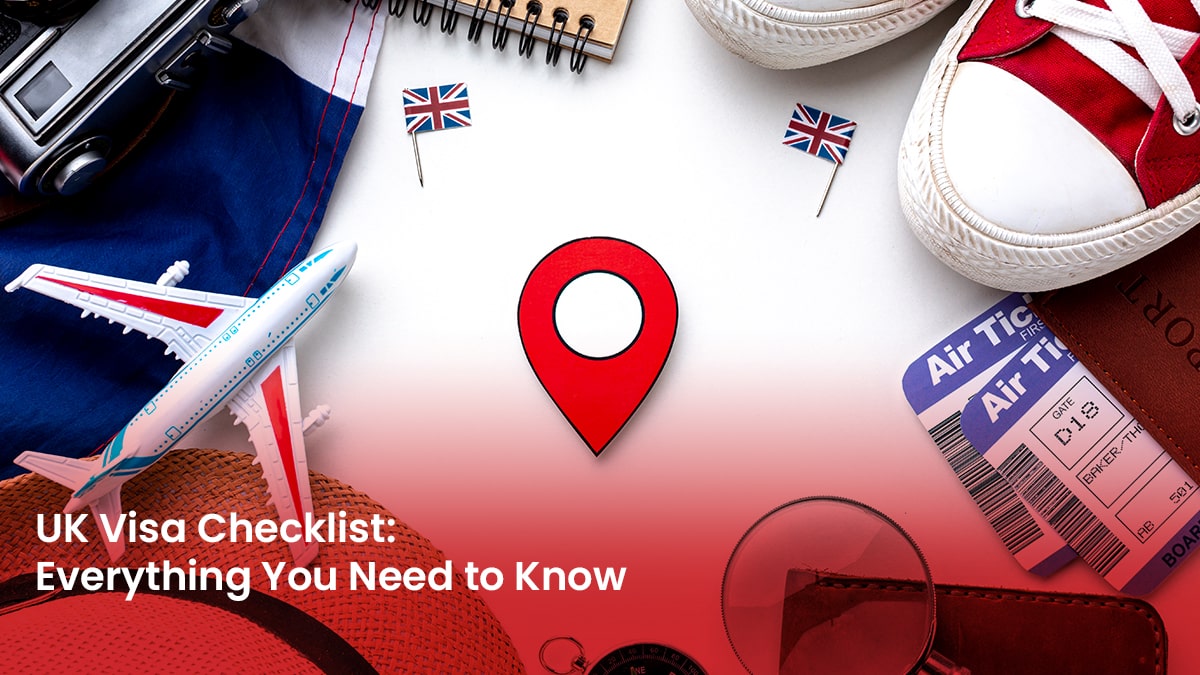Living in another country will always be exciting and nerve-wracking for many students. Exciting because you will get to experience another culture, meet new people, and increase your employability in the future, and it is nerve-wracking, due to the many challenges you might face while staying there. Among the many top education destinations in the world, Russia might be one of the most often misunderstood. This is probably due to its Soviet past. However, it has already been more than two decades since it fell, and yet, many myths about Russia remain.
Below are some of the common education myths about Russia.
Myth #1 You Have to Learn One of the Most Difficult Language in the World
Babbel has ranked Russian as one of the most difficult languages to learn for English speakers. Also, Russian does not use the Latin alphabet, which is the alphabet system used in English, instead, it uses the Cyrillic alphabet. The Cyrillic alphabet may look like the letters we use when we write in English, however, aside from some of them having different pronunciations, the Cyrillic alphabet also has more letters than the Latin alphabet.
As intimidating as it looks, if you study in Russia as an international student, you may not even have to study the language or you don’t have to be fluent at it. In fact, you may only need to learn some useful phrases you can use daily.
With the influx of international students in the country, many Russian higher education institutions (HEIs) have also made it easier for international students to study in Russia, and this includes offering study programs that are taught in English. Moreover, if you’re planning to study in Russia’s big cities such as St. Petersburg and Moscow, expect that many people in this city can hold conversations in English. Thus, in case you’re studying Russian, there’s no need to be fluent in it, unless, the main reason you will go to Russia is to learn the language.
YMyth #2 You Have to Study in an Extreme Climate or a Rural Place
Many people’s image of Russia is that of a cold country, and people still live in rural areas.
On the issue of extreme climate, people usually forget that Russia is the largest country in the world. Thus, although there are areas in Russia where the temperature is really extreme, especially in the country’s Siberian region, it does not mean the whole country also experiences the same coldness. In fact, many places in Russia are warm, especially in Sochi, known for its beaches and resorts.
When it comes to the misconception that many people still live in rural areas, this is also another misconception. In fact, in 2020, the majority of the Russian population, or more than 100 million of its citizens already live in urbanized cities, while only 37.2 million live in the countryside, and the numbers are continuously decreasing. Also, its famous cities, St. Petersburg, and Moscow offer the same services and activities as other major European cities and have that mix of modernity and tradition.
Myth #3 A Russian Degree is Not Internationally Recognized
There’s also this misconception that many things from Russia are not internationally recognized by many countries, and this includes degrees.
This is actually a huge misconception, and in fact, Russia’s education system is based on the Bologna Process, which is the process most European higher education systems follow. This ensures higher education in Europe is coherent, making student and HEI staff mobility easier, inclusive, and accessible.
Also, many of its HEIs have been ranked in various university rankings such as the QS World University Rankings, Times Higher Education Rankings, and the Shanghai Rankings.
Aside from the ones discussed above, there are more misconceptions and education myths about Russia that up to this day, many people believe. Thus, it is important to study more about this usually misunderstood country. To start learning about Russia, including life there as a student, check out MSM Unify’s article on Russian Culture and Customs: Guide for International Students.
You May Also like
What is Student Life in Russia Like?
4 Reasons to Pursue Higher Education in Russia
8 Factors To Consider Before Choosing To Study in Russia
Private Rentals in Russia: What You Need To Know
Health Services in Russia for International Students: What You Need to Know












